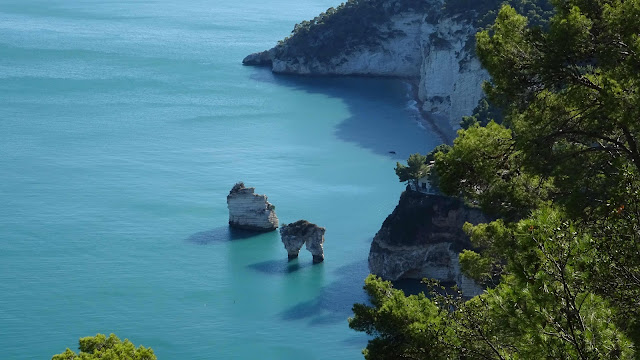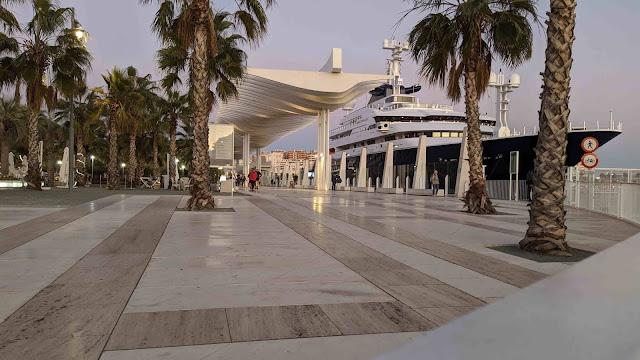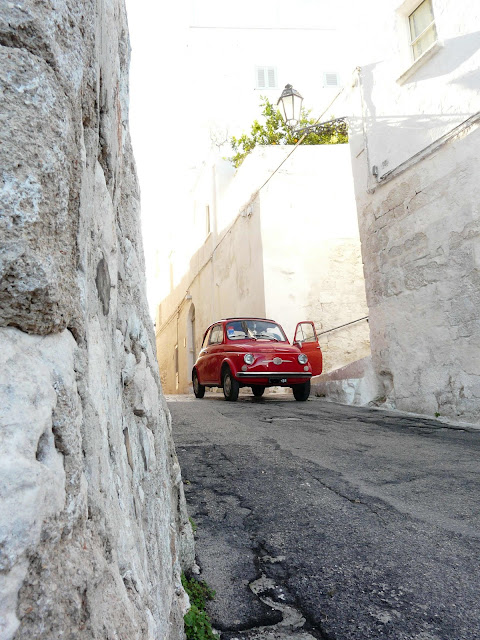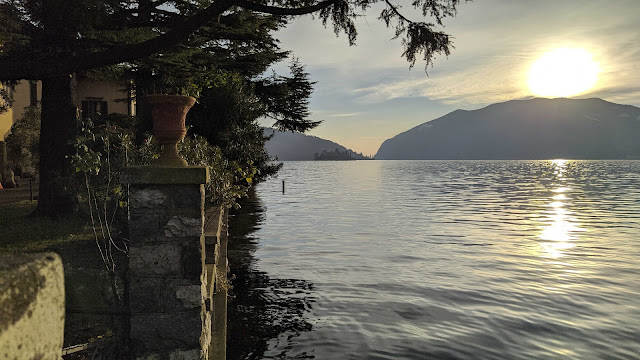Spain in winter - Madrid, Toledo, Sevilla, Cordoba, Valencia and some time on the coast
Spain in January and February - Trip report of our visit to Madrid, Sevilla, Cordoba, Toledo, Valencia and the coast north and south of Alicante
This Trip report talks about the logistics and the reasons for organizing our 34 nights in Spain as we did. For more details about what we did and how we enjoyed each place, scroll down to the Trip reports for the various destinations.
Why in January/February?
We live in the Alps and winter is not our favourite time of year there. This was one reason why we decided to visit some cities in Spain in January and February. Another factor was prices – that time of year – between the end of the Christmas/new Year festivities on 6th January and mid February when St Valentines day kicks in, together with Carnival most years (later in 2025) is the cheapest time of year for accommodation. It’s low season for travelling, you can’t get any lower except possibly for mid-November, and the third major motivation was to visit some very popular cities when crowds were as few as possible.
Accommodation
In Madrid the aparthotel was new and aircon hot air and a small oilfilled electric radiator were plenty to keep us snug. The apartment in Sevilla was cold and damp and the A/C hot air did very little to warm it up even though it wasn’t that cold outside. It was a chilly and damp week. The aparthotel in Cordoba was fantastic – radiators guests could turn on and off and we were fine. The Toledo apartment was modern with just A/C but we arrived on a Monday just after other guests had left and there were two units – one in the bedroom and one in the living area so it was ok except for the bathroom which was chilly. Down by the sea in Torrevieja heating was provided by various hot air fans and A/C but the electricity went off if we turned on too much. Luckily there was a south facing veranda which warmed the place up during the day. By the time we got to Denia and Valencia it was nearly the middle of February and the weather was good, mild day time temperatures so A/C hot air was enough.
We flew into Madrid with Ryanair. The Madrid accommodation with Booking.com provided a free taxi to our apartment. When we left we got the free electric bus along Gran Via to the Atocha railway station.
Madrid to Sevilla was by train with Renfe AVE. We walked to our apartment from the station and back at the end of our stay.
Sevilla to Cordoba was by train with Renfe AVLO. We took a taxi from the station to our accommodation near the Mezquita, just over 8 euros. When we left we took the local bus which was easy and cheap but not a good idea. It was early morning and with our luggage we were in the way of local people going about their business.
Cordoba to Toledo was again by train using Renfe and changing at Atocha. Between trains we had a snack. In Toledo we took a taxi to the centre when we arrived (about 8 euros again) and walked back to the station when we left since it was a sunny day, we had plenty of time and wanted to see the views of Toledo from below.
Toledo to Alicante we went by train, changing at Atocha in Madrid. When we arrived in Alicante we took the C6 bus from Avenida Salamanca in front of the station after waiting less than five minutes (pensionistas get a substantial discount) to go to the airport to pick up our hire car.
Total cost of all the train travel for two people was 202 euros. We booked during Renfe’s black Friday special offers, second class with a little flexibility for cancellation/changes and choosing our seats.
We rented the car from Neptunohires with Pickup at Alicante airport, dropoff at Valencia airport for 11 nights for 344,40 euros which included the extra 40 euros for dropping off the car in a different place to the pickup and Zero Excess. We booked a Fiat 500 and got a Citroen C3. It was all easy and hassle free. The car was essential for our days by the sea to be able to visit Cartagena, Calblanque nature reserve, San pedro del Pintar and Mar Menor and Elche from our base by the sea in Torrevieja and Denia, Calp, Altea and Javea from a second base in Denia.After dropping off the car at Valencia we got a SUMA AB+ card for just over ten euros which gave us ten rides on the underground-tram system in Valencia. We used this to go from the airport to the centre of Valencia, for a morning trip to the beach and back and then to go back to the airport when we left. We flew Ryanair from Valencia back to Italy.
LuggageFor the two of us we had two small backpacks (the 40x25x20cm Ryanair permitted size) and one carry-on (55x40x20). A comment I read somewhere about packing says that if you take few clothes you will get very bored with the clothes you take but you won’t wish you had packed more. This about sums it up. All of our accommodation choices had a washing machine although I did handwash small items occasionally. I took my non-stick frying pan with a removable handle because I can cook absolutely anything in that and a couple of plastic beakers to save having to wash glasses as soon as I arrived in new accommodation and to use while travelling. I took four different leggings from extra warm to jeans effect to below the knee and the same number of T-shirts, one fleece and my usual travelling jacket, a neckwarmer, a warm scarf and a lighter scarf. Andrea (including the clothes he was wearing) took 3 pairs of trousers – the fleece-lined ones were invaluable, 2 shirts (one to wear and one to wash), 5 T-shirts a hoody, a fleece and his usual travellling jacket. We wore waterproof warm shoes for the flight and had a lighter spare pair in the case. A pair of slippers each, underwear, nightwear and too many socks. I also took two pillowcases because I like to put my face on something I’ve washed myself. I didn’t take a hairdryer and didn’t need it. There were several things I missed, my travel kettle first of all, but I would not have wanted extra luggage for all the transfers we did.
FoodWe mostly self-catered, shopping at local markets and at Mercadona supermarkets. We didn’t eat out much for several reasons – one was to keep costs down. This was a low season January trip but it was expensive by our standards. Secondly we were still in the middle of the ‘influenza’ flu season and restaurants and bars are places where it’s easy to catch a virus. Thirdly, for some destinations, in particular Madrid and Toledo, there were so many fantastic places to visit and see that to ‘waste’ time in a restaurant wasn’t a priority. A fourth reason was also health/age related, we preferred to eat a lot of fish and fruit and vegetables at the time of day we are used to eating. We did eat out a few times, did some take aways, chose Spanish options at Mercadona and drank Spanish wine and beer.
Itinerary
We spent (in this order)
- A week in Madrid because we flew into Madrid and accommodation was cheap just for that week basically Friday to Friday
- A week in Sevilla – a second visit after a week in 2013 - Friday to Friday
- 3 nights in Cordoba - a second visit after 4 nights in 2018 - Friday to Monday
- 3 nights in Toledo – (we doubled back to go to Toledo after Sevilla and Cordoba because we thought after a week in the cold in Madrid it would be nice to go somewhere milder, because I didn’t want to go to Toledo at the weekend and because I thought it was necessary to go via Madrid anyway to get from Cordoba to Alicante (not the case I later discovered since there’s a very infrequent direct train)
- 7 nights in Torrevieja to see Cartagena, Elche, Calblanque Nature Reserve, Mar Menor and Murcia (didn’t get to Murcia this time)
- 4 nights in Denia to see Guadalest, Denia, Calp, Altea and Javea



















Comments
Post a Comment